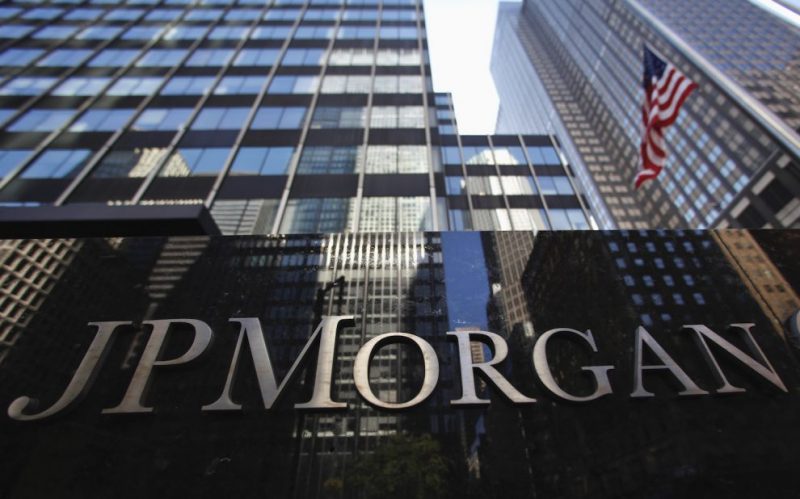China’s property crisis and the West’s sanctions on Russia will drive a higher level of corporate defaults in 2023, analysts at JPMorgan have warned.
The US investment bank said 20% of “junk-rated” companies in China and two thirds of them in Russia were likely to default.
Their woes will also mean emerging markets overall will see a more than 10% “high-yield” corporate default rate for another year, keeping it at more that triple the historical average.
“We expect another high default year in 2023 focused on specific segments,” JPMorgan’s analysts said in a research note on Tuesday that describes China and Russia as the “trouble spots”.
With Western sanctions making it increasingly difficult for Russian companies to make dollar-denominated bond payments, “we project another $28 billion of Russian corporate defaults next year or 66% of the remaining non-defaulted bond stock,” the JPMorgan note added.
ALSO SEE:
Crypto Markets Shaken After Binance Abandons FTX Bailout
Even State-Backed Builders Falling
China’s battered property sector is forecast to have another eye-watering 46% default rate next year. The figure is already 52% this year with even state-backed builders now starting to topple.
“We still see the possibility of an elevated default rate for the sector in 2023, albeit less so than in 2021 and 2022, if the sector does not receive any direct government support,” the note said.
The overall emerging market corporate default rate, once financially healthier “investment grade” companies are also included, is forecast to be 3.8%.
Excluding China property, Russia and also Ukraine, where companies are still being affected by the war, even the “high yield” rate is expected to be a more manageable 2.6%.
This is because the last few years of ultra-low interest rates meant EM corporates came into 2022 with some of the strongest credit metrics since the global financial crisis.
“As much as fundamentals are now weakening, they still remain robust and far from deteriorating rapidly,” the JP Morgan research said, pointing to positive factors such low near-term debt payment bills and bonds having fixed interest rates.
Regionally, the Latin American default rate is expected to jump to 5.7% next year from 2.2% YTD, driven by Argentina, repeat defaulters, and idiosyncratic stories, although some “bulky” restructurings could even happen as soon as this year.
Distressed bonds, classed as those trading below 70 cents on the dollar – or 30% below their face value – currently total $178 billion or 27.7% of EM corporate high yield outstanding bonds.
Those ratios are second only to 2008, when 69% of high-yield companies traded at distressed levels. For context, that was followed by a 10.5% default rate in 2009, which JPMorgan’s analysts pointed out was close to the 10.6% forecast for next year.
- Reuters with additional editing by Jim Pollard
ALSO SEE:
China Property Bonds Being Shunned Over Default Danger
China’s Economy Stumbles as Property, Covid Struggles Rage
China Regulator Seen Checking Banks’ Property Loan Exposure
Asia-Focused Funds Snared by Deepening China Property Crisis
























